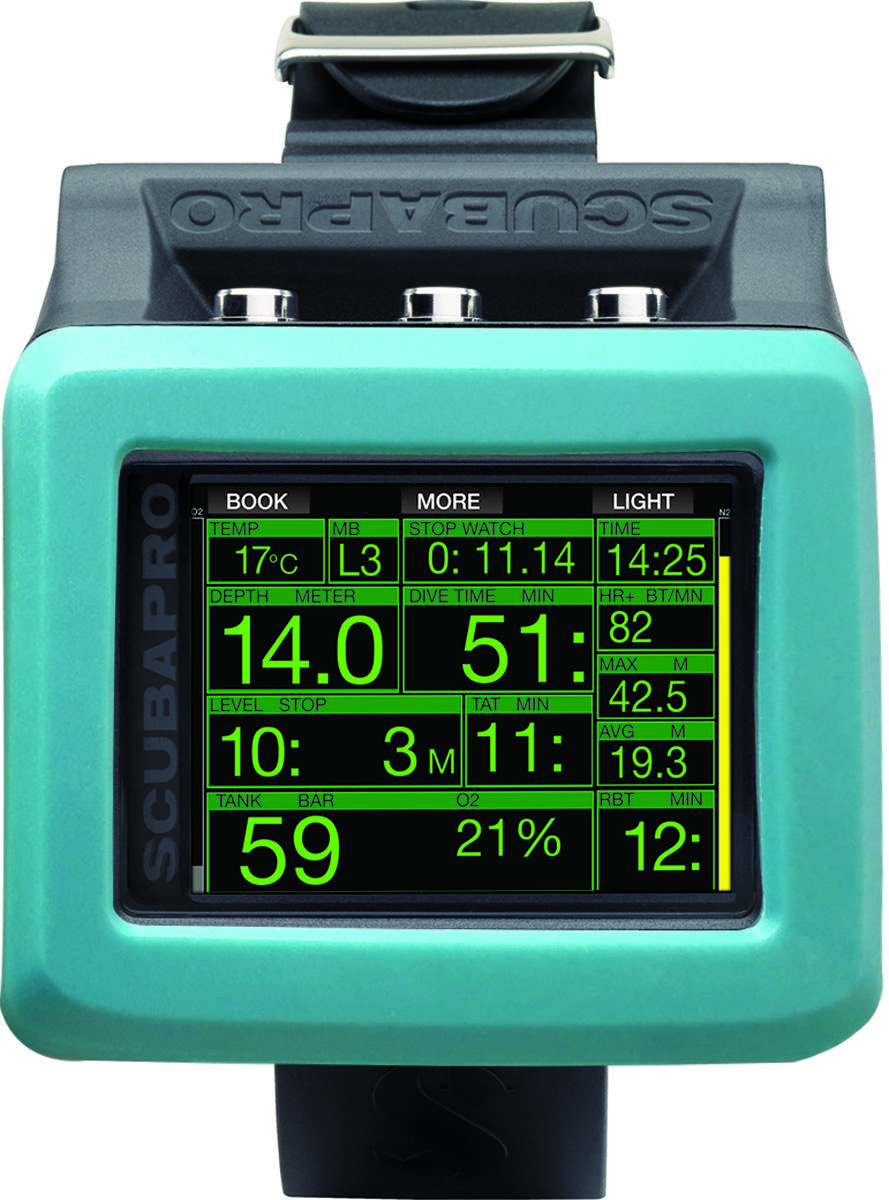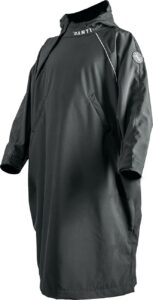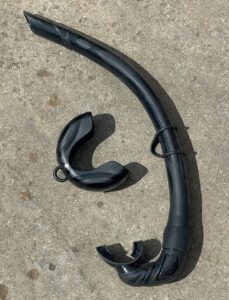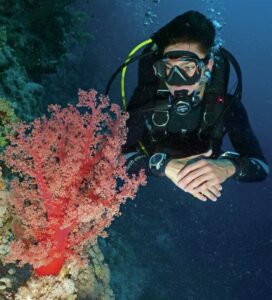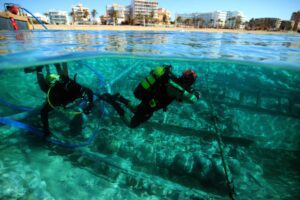Passions of Paradise, a Great Barrier Reef Dive Operator Turns to Reef Restoration
No longer able to run tours out to the Great Barrier Reef, due to the coronavirus restrictions on travel, Passions of Paradise redirected their efforts to planting coral instead. At the end of March, they sent out their boat and volunteer staff to assist in the reef restoration project. With restrictions now looking like they are being relaxed slightly, the Passions of Paradise team hope to get out to the reefs once again to continue the excellent work.
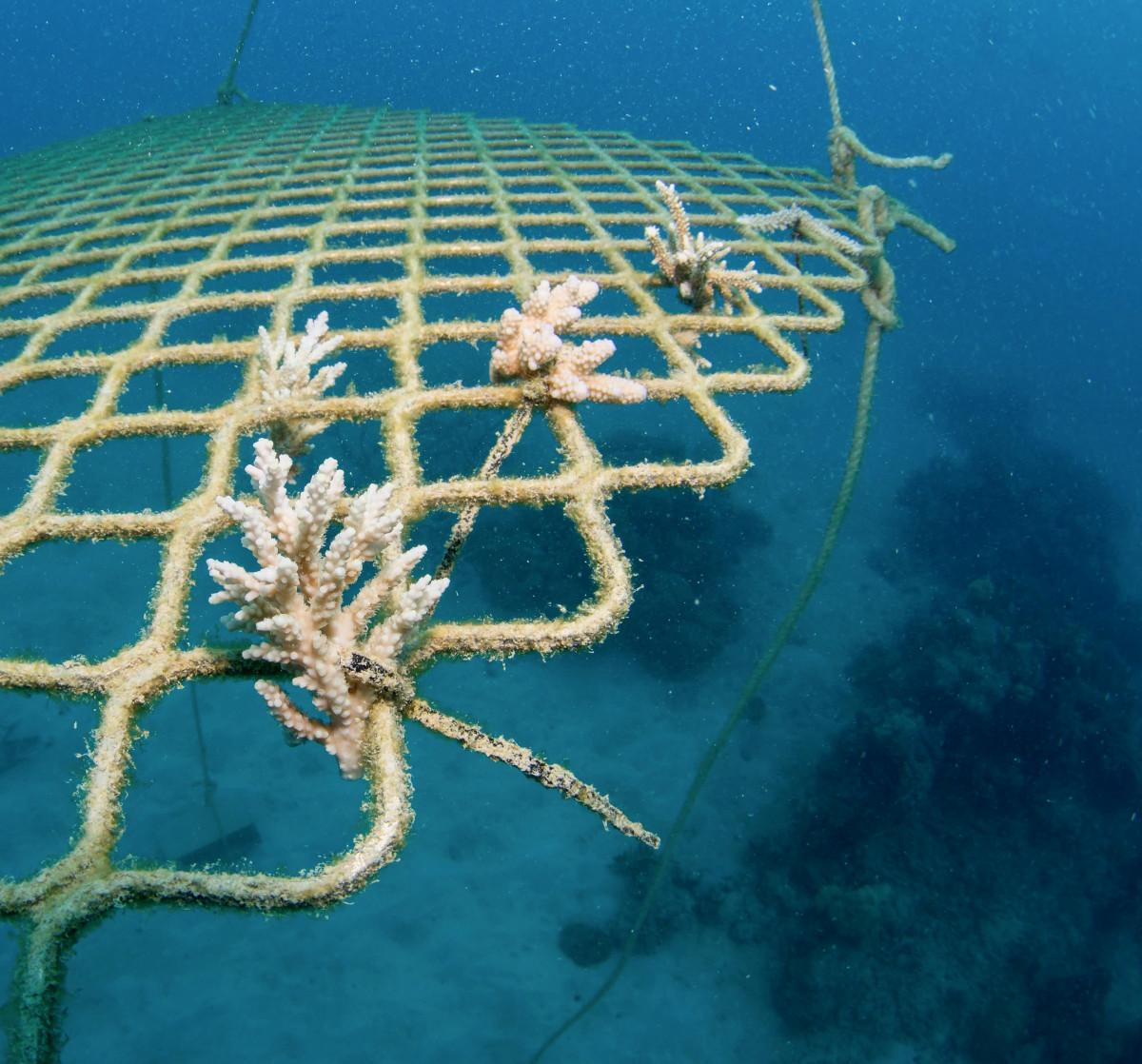
Volunteers passionate about coral planting
Passions of Paradise staff have volunteered to help plant coral on the Great Barrier Reef after the Cairns company stopped running tours in the wake of the coronavirus crisis.
Chief Executive Officer Scott Garden said the family-owned company had donated the state-of-the-art catamaran Passions III and fuel to take four enthusiastic crew and a scientist to Hastings Reef for the Coral Nurture Program.
“We have been assisting Dr David Suggett’s team from the University of Technology Sydney who are conducting reef resilience research at one of our 26 reef sites,” he said.
“I have been working with Passions of Paradise Environmental Sustainability Coordinator Russell Hosp at the site most weeks recording data for the project and establishing a coral nursery.”
Mr Hosp and Passions of Paradise marine biologist Kirsty Whitman, who are both Master Reef Guides, are keen to help advance the project as volunteers while the business is closed.
Project coordinator and PhD student Lorna Howlett said Passions of Paradise was one of five Cairns and Port Douglas reef companies participating, with Wavelength, Ocean Freedom, Sailaway and Quicksilver Cruises also involved.
“The Coral Nurture Program aims to give operators yet another stewardship activity they can do at their reef sites in addition to Crown-of-Thorns eradication and the Eye on Reef monitoring program,” she said.
“There are two new things about this program. It is the first time on the Great Barrier Reef that tourism operators have worked alongside researchers and the first time that a coral clip has been used to attach corals to the reef.
“It involves finding fragments of opportunity – coral fragments that have naturally broken off – and attaching them back on to the reef using a coral clip.
“We can only use fragments of opportunity found at the site, so Passions of Paradise has installed six frames at the site which can be used as a nursery to grow more corals.
“Once they find a coral fragment they attach it to the nursery to grow and as it grows they can take fragments from it to attach to the reef giving them a continual source of new corals.
“The 12-month project finishes next month, however, the operators can continue to operate the nurseries and outplant the corals.”
Mr Garden said about 1000 pieces of coral had been planted on Hastings Reef.
“When tours resume passengers will be able to snorkel over the site which boasts healthy marine life and corals near the nursery,” he said.
“Passions of Paradise is committed to preserving the World Heritage Area that sustains our locally- owned business through a number of initiatives including being carbon neutral.”
Article Written by Passions of Paradise
Photo Credit: Passions of Paradise
